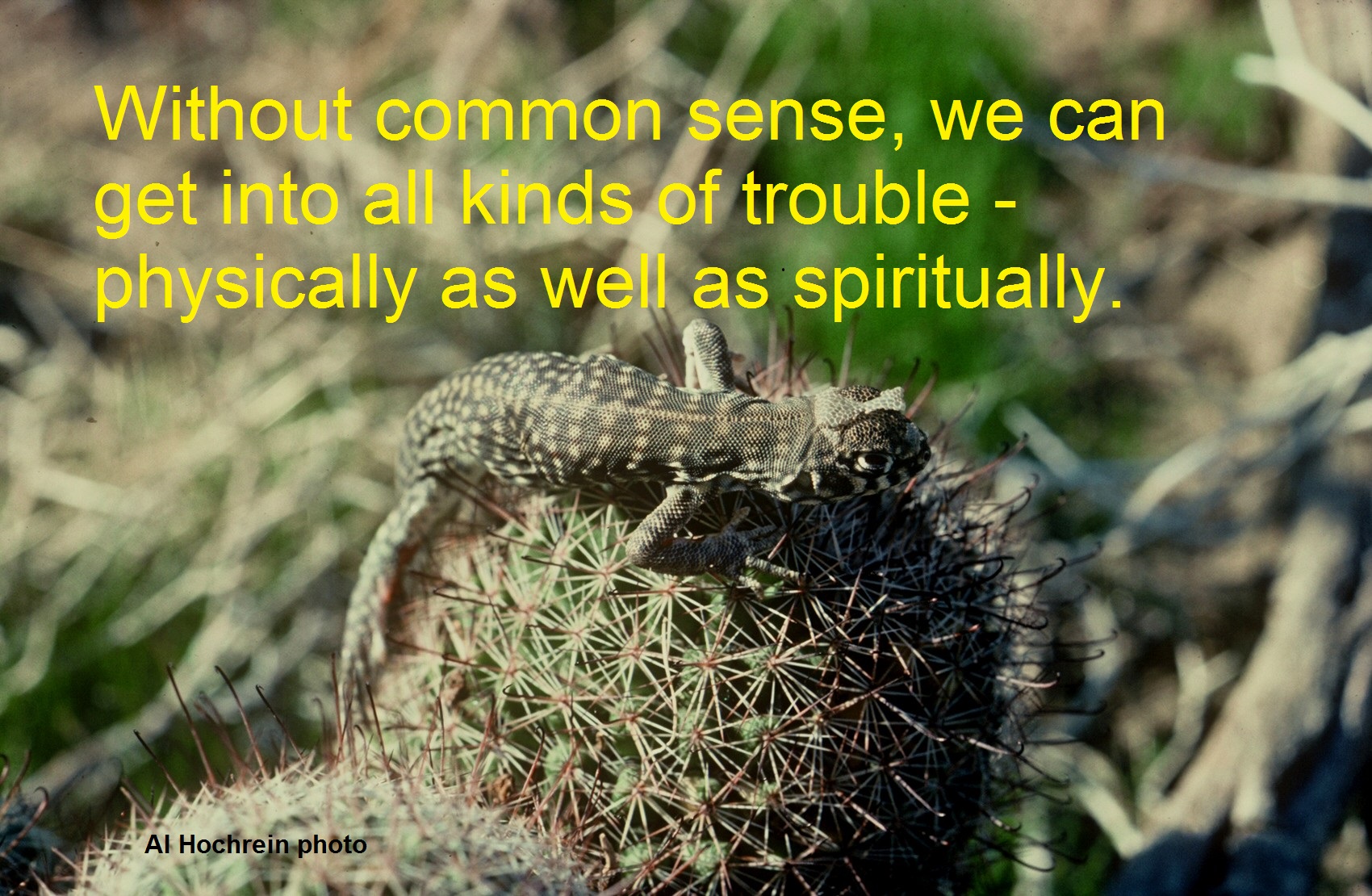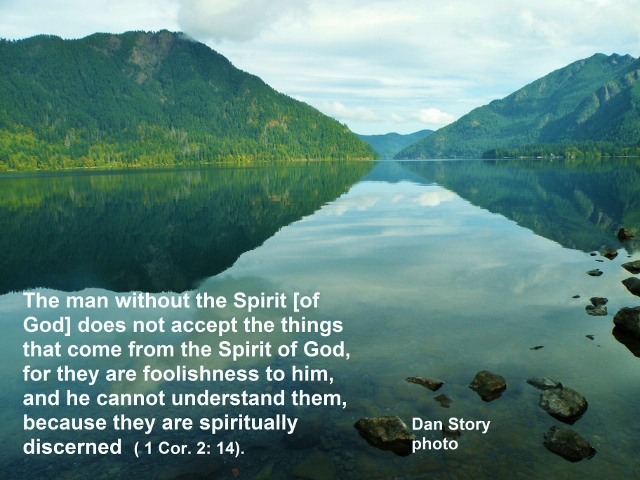
Part One: Why Don’t Christians “Practice What the Preach?”
It is no secret—even among non-Christians—that God wants His people to obey Him and to live according to the ethical standards described in the Bible. In Jesus’ most famous sermon, He tells His followers to “let your light shine before others, that they may see your good deeds and praise your Father in heaven” (Matt. 5:16). Unfortunately, no Christian consistently measures up to this standard. In one way or another, and at one time or another, every Christian fails God’s standards. When unbelievers see this, regardless of the degree of the sin, they often respond with a critical admonishment that goes something like this: “I thought you were a Christian!” Or, ‘You call yourself a Christian?” Or, even more contemptuous, “You Christians are a bunch of hypocrites!” Non-Christians expect Christians to “practice what they preach.”
But does Christian sinning justify the charge of hypocrisy? Even more importantly, is it a valid reason for an unbeliever to reject Christianity? The answer to both questions is no.
In this new blog series, I will do two things. First, I will answer the above two questions—(1) does the fact that Christians sin justify the charge of hypocrisy, and (2) is it a valid reason to reject Christianity? Second, in the process of answering these two questions, I will provide an apologetic (and biblical) response to this highly charged and widespread attack against Christianity in general and individual Christians in particular.©
Next week we’ll explore whether or not Christians who sin are automatically hypocrites. We’ll see that answering this involves two considerations: what I call the “lesser” charge and then a more “serious” charge. ©








